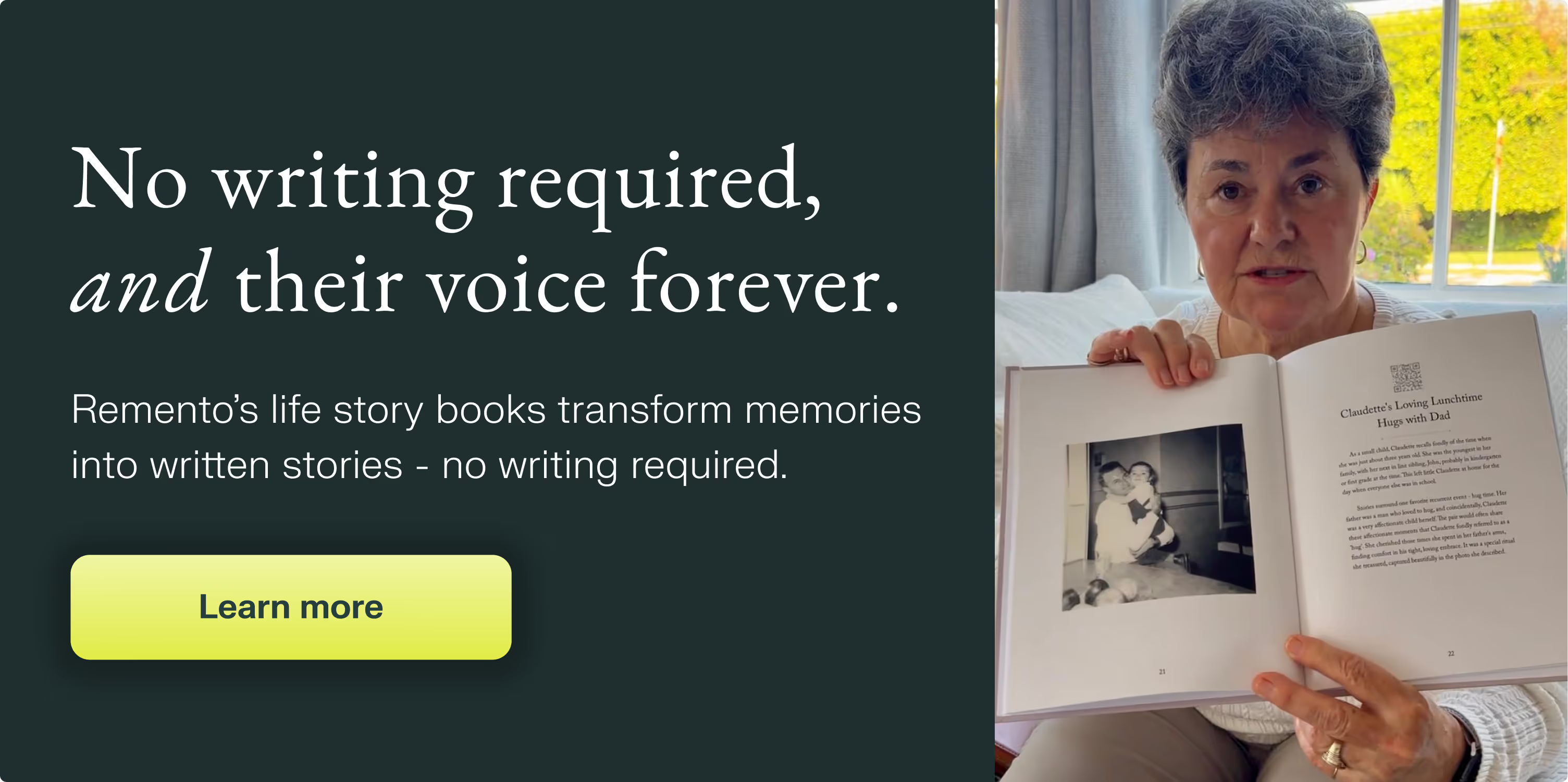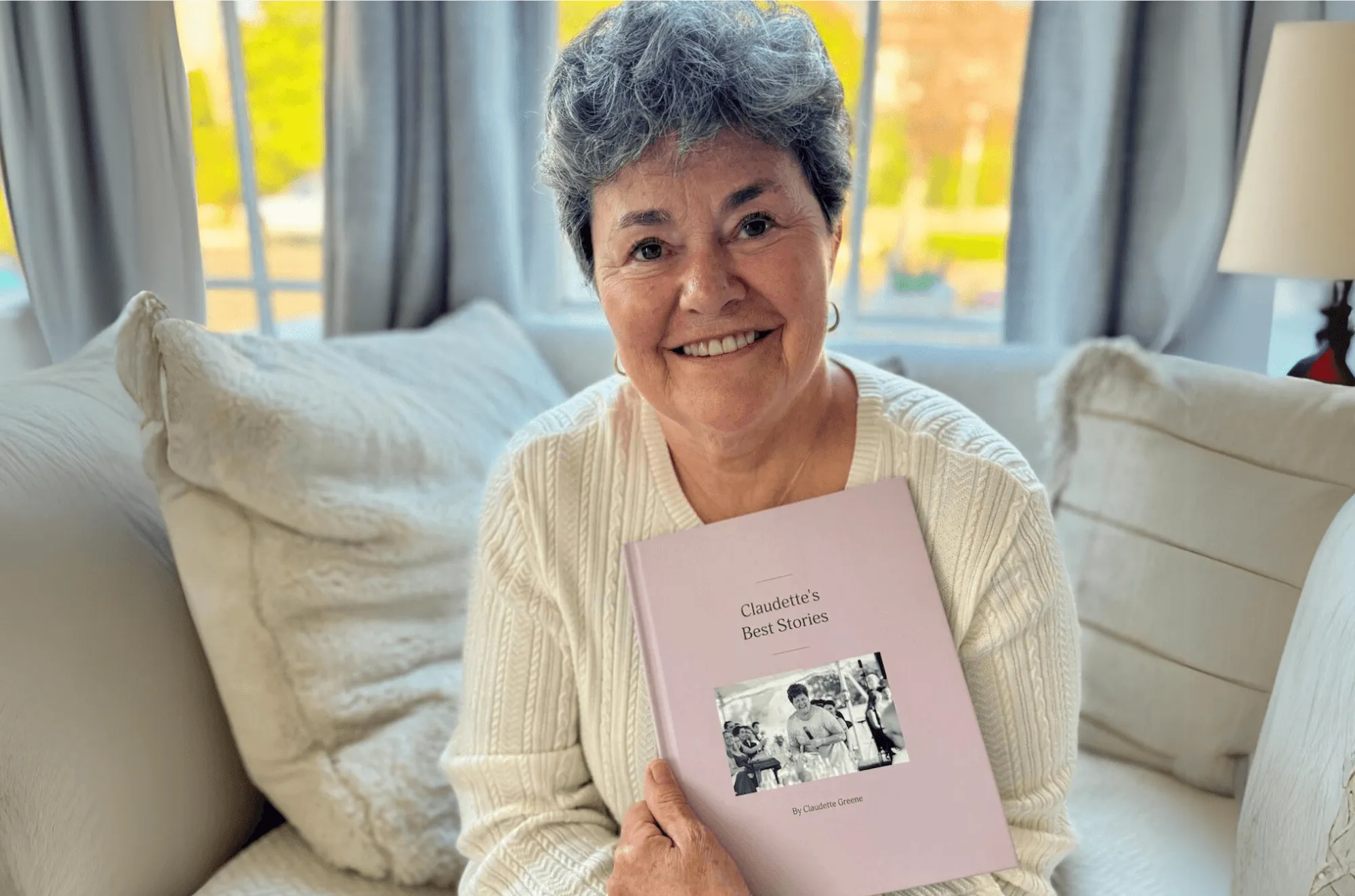Guaranteed to teach you things you never knew.
Dignity Therapy & The Importance of Meaning in End-of-Life Care
Dignity therapy focuses on creating an account of a person’s life that can be passed on to whomever they choose.
What is Dignity Therapy?
Dignity therapy is a form of psychotherapy that focuses on helping individuals facing end-of-life challenges to find meaning and purpose in their lives. It was developed by Dr. Harvey Max Chochinov, a psychiatrist and palliative care specialist, as a way to address the psychological and spiritual suffering that can often accompany terminal illness. It focuses on creating an account of a person’s life that can be passed on to whomever they choose.
How Does Dignity Therapy Work?
One of the key components of dignity therapy is the opportunity for patients to reflect on their life stories and experiences, and to share these stories with a trained therapist or facilitator. By giving patients the chance to express their thoughts, feelings, and values, dignity therapy helps individuals find meaning and purpose in their lives, even in the face of death.

But dignity therapy is not just about helping patients find meaning and purpose in their own lives. It is also about helping family members and loved ones better understand and support the patient as they go through the end-of-life journey. By providing a safe and supportive environment for patients and their loved ones to communicate and connect, dignity therapy can help to strengthen relationships and improve the overall quality of life for everyone involved.
The Benefits of Dignity Therapy for Patients
There is evidence to suggest that dignity therapy can have a number of important benefits for patients and their loved ones. For patients, dignity therapy has been shown to improve quality of life, reduce feelings of hopelessness and despair, and even extend survival time in some cases. It can also help to reduce the use of aggressive medical interventions, such as mechanical ventilation or feeding tubes, which can often be distressing for patients and their families.
The Benefits of Dignity Therapy for Family Members and Loved Ones
For family members and loved ones, dignity therapy can provide a greater understanding of the patient's wishes and needs, as well as the opportunity to express their own feelings and concerns. It can also help to reduce caregiver burden and improve communication between patients and their loved ones.
Next up: How to Unlock the Benefits of Storytelling For People with Dementia
Remento does not provide medical advice. The information provided in this article is for informational purposes only and not intended to be a substitute for professional medical advice, diagnosis, or treatment. Always seek the advice of your physician or other qualified healthcare provider with any questions you may have regarding a medical condition or treatment.

Their stories, forever at your fingertips
Remento’s life story books turn a parent or grandparent’s memories of the past into a keepsake book for the future - no writing required,.
Capture priceless family memories today
Join the thousands of families using Remento to preserve family history, all without writing a word.
.avif)
.avif)
